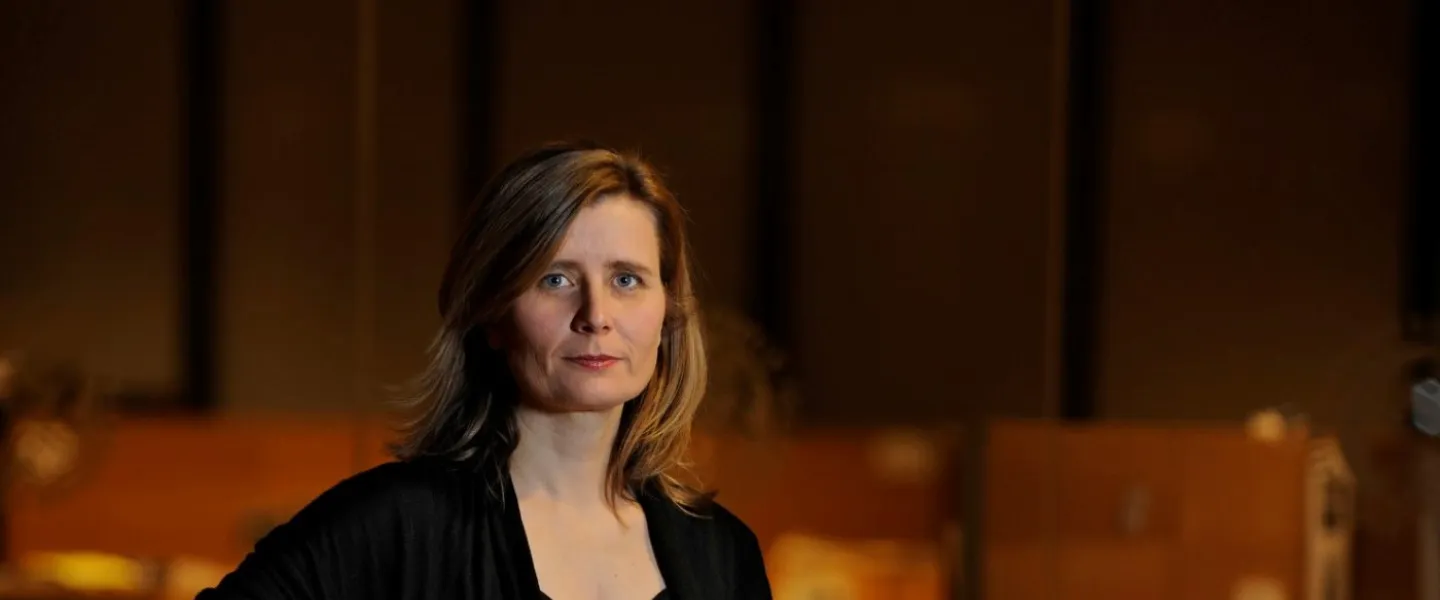
Irma Erlingsdóttir, Associate Professor at the University of Iceland and Director of the United Nations Gender Equality Studies and Training (UNU-GEST) Programme and RIKK – Institute for Gender, Equality and Difference, is among the world's 100 most influential people in gender policy 2019, according to a new list from Apolitical, a peer-to-peer learning and policy platform for governments and other public bodies.
This is the second year that Apolitical publishes a list of those who are considered to have excelled in the field of gender equality research, policy making, and activism. The 100 Most Influential People in Gender Policy were curated from 9,000 nominations from gender experts in governments and leading international organisations, including the United Nations, Women Deliver, Women in Global Health, The World Bank, and Women for Climate Justice.
The Apolitical list credits politicians, academics, civil servants, and activists for their contribution toward a more equal and fairer world.
With Irma on this year's list are the new Nobel peace laureate Denis Mukwege, considered the world’s leading specialist in treating victims of wartime sexual violence; Ruth Bader-Ginsburg, Associate Justice of the US Supreme Court and renowned defender of women’s rights; Michelle Obama, founder of the Girls Opportunity Alliance and former First Lady of the United States; and Christine Lagarde, Managing Director and Chairwoman of the IMF and advocate for economic equality.
Irma holds a PhD in comparative literature from Sorbonne University in Paris, with emphasis on gender studies and literature within the context of contemporary international political history. She has been an Associate Professor of French contemporary literature at the University of Iceland since 2010. She has, furthermore, been the Director of RIKK at the University of Iceland since 2000 and headed the United Nations Gender Equality Studies and Training (UNU-GEST) Programme since its inception in 2009. UNU-GEST promotes gender equality and women’s empowerment through research and education. It targets young academics and professionals from developing countries and post-conflict societies. A total of 132 students from 22 countries have graduated from the programme. Irma is also the project leader of the EDDA Research Center at the University of Iceland on critical contemporary research, which focuses on the politics of equality in the humanities and social sciences.
Irma has been at the forefront for large international research projects in the field of equality and contemporary studies. Last year she received, with her Nordic collaborators, a five-year grant to establish the research hub ReNEW – Reimagining Norden in an Evolving World. Its emphasis is on academic research about the Nordic region, as many nations look to the Nordic countries for their successes in the fields of equality, innovation, and well-being. Irma also participates in the interdisciplinary research project Nordic Branding, approaching the image of the Nordic countries from various perspectives. In addition to teaching, administration, and research, she is a member of the editorial board of the feminist journal NORA, as well as being on the advisory committee for the European Journal of Politics and Gender. Irma is, furthermore, a seat on the executive committee of RINGS – The International Research Association of Institutions of Advanced Gender Studies. She collaborates with universities and research centers in France, such as the Paris-based École des Hautes Études en Sciences Sociales (EHESS). Irma has published numerous articles and book chapters on French contemporary literature and philosophy, as well as gender studies.
Apolitical is an international platform used by public servants and policymakers in more than 170 countries to connect with each other and to find original and curated content about what is working in policymaking around the world. The Apolitical list of the world's 100 most influential people in equality matters can be found on their website.